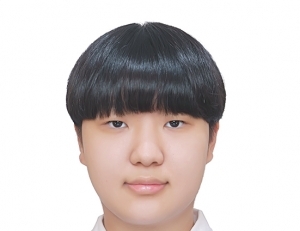In May, there is a historic event in Korea. It was the 5.18 Gwangju Democracy Movement that took place in 1980. In May, there are many holidays, and you can have fun with the people around you. However, even during those times, the 5.18 Gwangju Democracy Movement remains a heartbreaking part of history and an event that should not be forgotten, so the Pharos wants to reconsider it. Therefore, the Pharos hopes many students will make time to ponder the incident's significance.
First of all, to look at the background and the reasons for the 5.18 Gwangju Democracy Movement, you should know the situation in Korea before the movement took place. In 1979, after President Park Chung-hee was killed, Prime Minister Choi Kyu-ha declared emergency martial law and was elected under the Yushin Constitution. However, at that time of political turmoil, Chun Doo-hwan created the 12.12 Military Revolt and took complete control of the entire country by Coup, expanding the emergency law and arresting democracy figures. However, following the death of President Park Chunghee, with a desire for democratization, students staged large-scale protests starting in the spring of 1980. Many democracy movements occurred, but the regime expanded its emergency rule and brutally arrested the leaders of the democracy protests. After the expansion of martial law on May 5, 1980, all universities were ordered to close, but the movement that began with students from Chonnam National University demonstrated against the forced closure. The airborne troops deployed to control the protests violently suppressed the students, and even caused fatalities. After that, Gwangju citizens led an all-out civil uprising. Civic protesters took control of the arsenal and formed a civilian army, eventually forcing the martial law forces to retreat. However, the military delivered misinformation about the Gwangju citizens to the media, cutting off communication and transportation, and isolating Gwangju citizens.
The death toll from the 5.18 Gwangju Democracy Movement is not clear. The death toll officially announced by the government was 144 civilians and 22 soldiers, but many more people are thought to have died. The 5.18 Gwangju Democracy Movement was one of the biggest events in Korea’s democratization process. The incident served as the foundation for the democracy movement of the 1980s. In particular, the movement led to the June democratic uprising in 1987. “Gwangju was both a warning and encouragement, with a wakeful conscience and an open-eyed vigilance against injustice and violence, and a starting point for a new history that united citizens to resist violence, war and death,” wrote German human rights activist Ba Yul Shunas about the 5.18 Gwangju Democracy Movement. We must always remember what the 5.18 Gwangju Democracy Movement means and what results it has brought about in Korea.
Now, many years later, Koreans are free to express personal thoughts and ideas under democracy and to protest freely against injustice, but it took countless people’s unceasing efforts to create this era. We should always remember and have hearts filled with gratitude and appreciation for the great people who have made efforts to create the present Korea with their numerous contributions and sacrifices.
72nd Cub Reporter•JEON HYEJIN•hera123123@naver.com
- TAG
-
 Freedom Given to Youth: An Opportunity for Choice or a Burden of Constraint?
“Are we truly free today?” Classical literature is far more than time-honored stories. It offers profound insights into human nature and society that transcend time, remaining a valuable resource for examining the challenges our world faces today. This article will draw on George Orwell’s 1984 and Charles Dickens’ Oliver Twist to explore the contemporary issues of youth housing and the emergence of a surveillance society ...
Freedom Given to Youth: An Opportunity for Choice or a Burden of Constraint?
“Are we truly free today?” Classical literature is far more than time-honored stories. It offers profound insights into human nature and society that transcend time, remaining a valuable resource for examining the challenges our world faces today. This article will draw on George Orwell’s 1984 and Charles Dickens’ Oliver Twist to explore the contemporary issues of youth housing and the emergence of a surveillance society ...

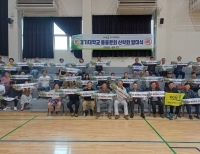 [단신] 산악회, 본교 동문의 버팀목이 될 수 있도록
[단신] 산악회, 본교 동문의 버팀목이 될 수 있도록
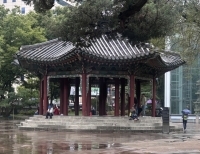 [사회메인] 노인 인구 1,000만 시대, 준비 없는 사회가 불안해
[사회메인] 노인 인구 1,000만 시대, 준비 없는 사회가 불안해
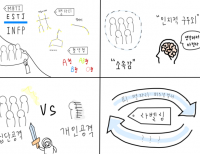 [네컷만화] 라벨링 문화
[네컷만화] 라벨링 문화
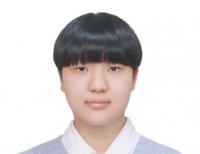 [진리터] 결국 우리 모두 돌아볼 것이니
[진리터] 결국 우리 모두 돌아볼 것이니

 목록
목록





